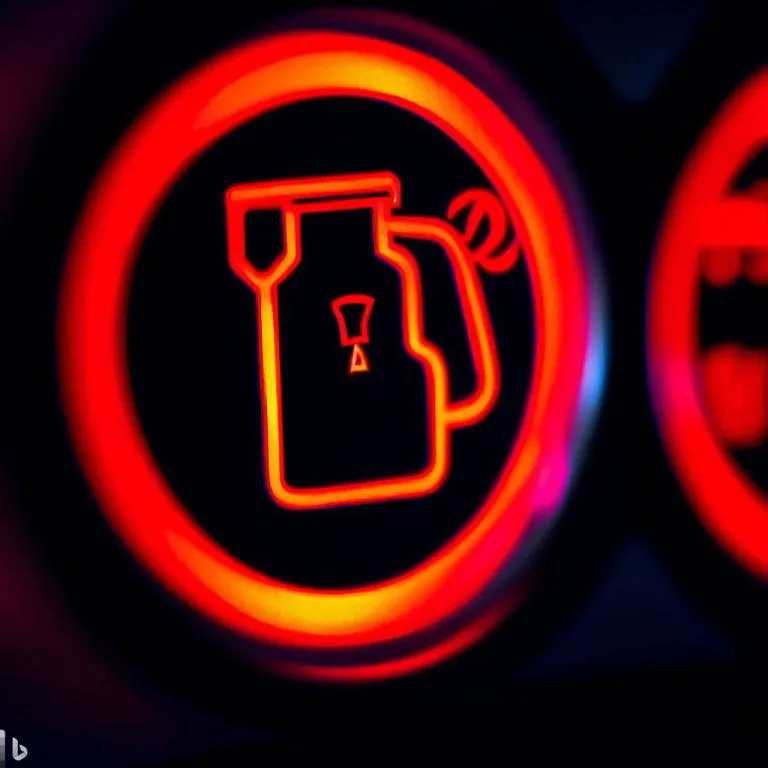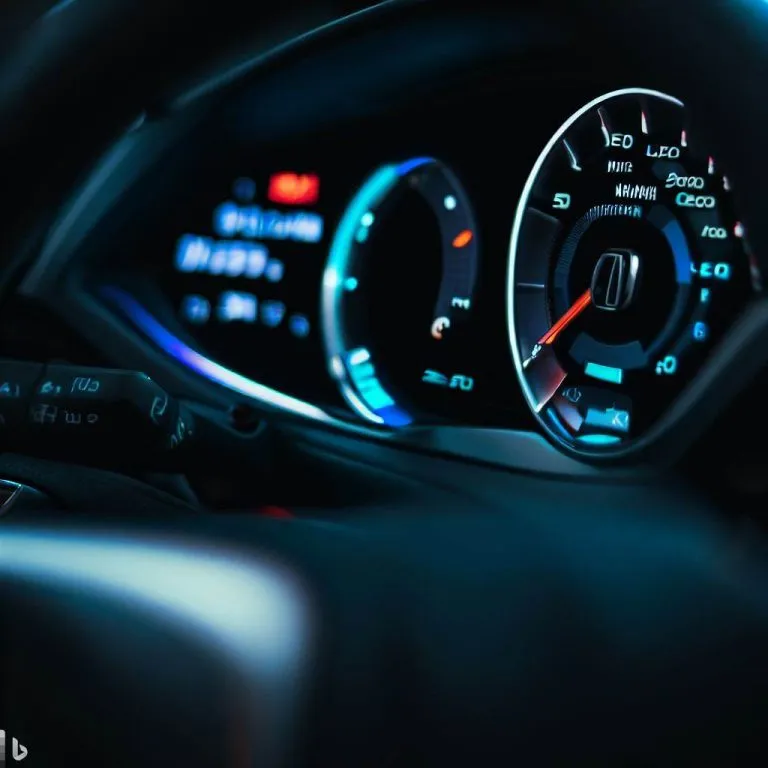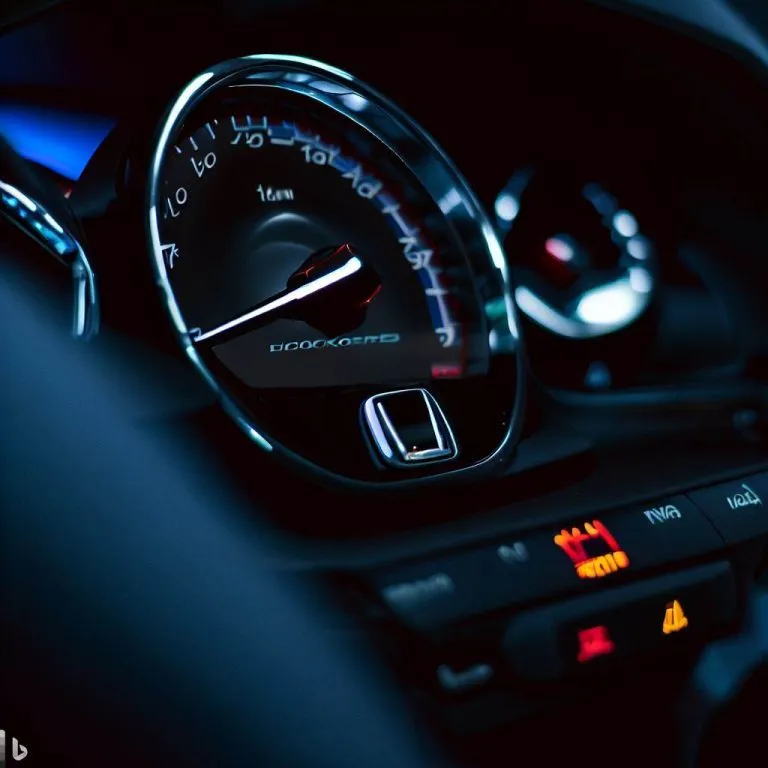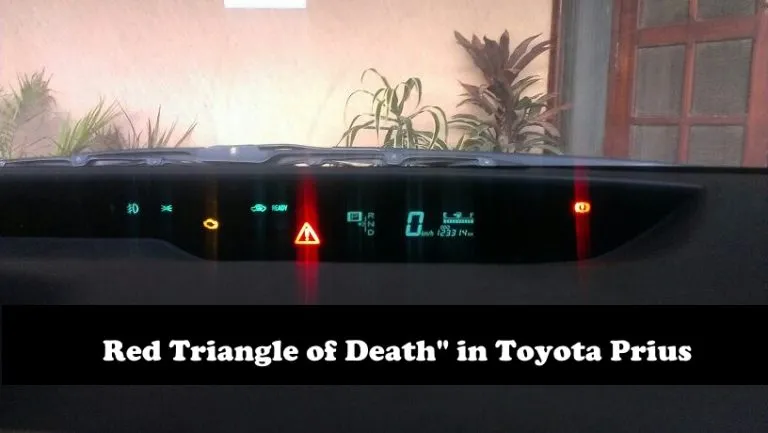Fuel Pump Fuse Keeps Blowing – Causes and Solutions
Reasons A Fuel Pump Fuse Keeps Blowing
Are you experiencing issues with your car and the fuel pump fuse keeps blowing? Don’t worry; this is a common problem that many drivers need help with. We’ll explore why this happens and how to fix it below!

If your fuel pump fuse keeps blowing, you must find out why. Ignoring the problem can lead to damage to your vehicle and costly repairs in the future.
These are the reasons a fuel pump keeps blowing: Excessive current draw: faulty wiring harness, and A faulty fuel pump relay.
If your car won’t start, it’s essential to identify which of these issues is causing the problem. If your car is smoking, or if it is not starting or hesitating to start, then replace the fuse immediately!
What Is a Fuel Pump?
A fuel pump is a component that transfers the fuel from the tank to where it’s mixed with air. In carburetor-equipped engines, this job is often handled by low-pressure mechanical pumps attached directly to the engine itself.
A mechanical pump is powered by a belt driven by the engine, whereas batteries power an electric pump.
It’s critical for your vehicle—and there could be many reasons why yours isn’t working properly if it stops pumping gas or oil into the engine correctly.
The gasoline pump receives electricity via an electrical circuit when the ignition switch is turned on.
In reaction to changing fuel demand, the pressure regulator takes gas from the pump and distributes it to various engine components.
What is the task of a fuse?
Fuses are used in cars to prevent power surges and other problems caused by a short circuit.
They act as backup circuit breakers that prevent overloads in the electrical system. A metal wire inside the fuse will burn out if current flows through it too quickly.
This interrupts the flow of electricity and breaks the circuit, preventing further damage to your vehicle.
Suppose you ever experience issues with a blown fuse. In that case, it’s essential to have it checked and replaced by a professional mechanic because fuses play a good role in keeping your car’s electrical system functioning correctly.
Causes why your fuse keeps blowing out:
If you have a blown fuel pump fuse, the most obvious solution is to take your car to a repair shop and have a certified mechanic investigate the problem.
However, if you decide to take matters into your own hands and attempt repairs yourself, here are the some of the causes why your fuse keeps blowing out:
- Excessive current draw.
- Faulty wiring harness.
- A faulty fuel pump relay.
- Moisture in the system.
How do you tell if a fuel pump fuse is blown?
Checking your car’s fuses is essential to vehicle maintenance and more accessible than you might think.
A visual inspection is one of the simplest ways to check a fuse. Inspect the fuse to see if the wire within has burned out due to an electrical surge.
You can test it with a multimeter (a handy device that allows you to test different components within its casing).
Use a multimeter by connecting the black lead to the Common socket and placing one end of your unknown resistor in that port. Place the red lead on either of two other sockets, depending on what range you’re using (usually around 200 ohms). Turn Dial —> To Lowest Range of Ohms.
Place the fuse on a non-conductive surface (such as plastic or wood) and touch each end with the metal tips of your multimeter. Test for little to no resistance; discard the fuse immediately if you encounter an excessive amount.
If the fuse is blown out, the multimeter will show high resistance and not change. However, you should see little or no resistance if it works correctly.
Remember, fuses are essential to your vehicle’s electrical system. You must check them regularly to avoid more significant problems in the future.
`If you’re unsure about how to check or replace a fuse, it’s best always consult a professional mechanic for assistance—one with experience in auto repair and diagnostics.
What should you do if the fuel pump fuse keeps blowing?
To identify the cause of a blown fuel pump fuse, perform three tests.
Excessive amperage is likely if your car’s electrical system draws more current than expected; check wiring harnesses for problems and replace them as necessary; investigate whether there are any broken wires near gas lines.
Testing every electrical connection for each possible cause can be tedious, requiring patience and tools such as volt ohmmeters.
By taking a systematic approach and ruling out each possible cause one by one, you can identify the underlying issue and make the necessary repairs to prevent the fuel pump fuse from blowing again in the future. Here is what you should do if the fuel pump fuse keeps blowing:
1. Excessive current draw
Measuring the current your fuel pump is drawing is essential in identifying the cause of a blown fuel pump fuse. This is where a volt ohmmeter comes in handy.
If other devices are on the circuit, you’ll need to check them all to see if they are drawing excessive amperage, which can cause the fuse to blow.
It’s a good idea to find a wiring diagram for your specific make and model; that way, you’ll know where all the wires should go.
If the fuel pump draws too much current, it may be due to a restriction in an associated part of the fuel delivery line—such as a clogged filter.
Knowing the specified limits for the current draw given by the manufacturer, you can compare this to the actual current draw of your fuel pump and determine whether there’s a problem.
In this case, it’s best to take your car to a certified mechanic who can diagnose and fix it.
2. Faulty wiring harness
If the measurement of your current draw is within the permitted ranges, the issue may be with the wiring. Although testing every component of the circuit can be time-consuming, there are alternate methods you can attempt.
To bypass the circuit, you’ll need to rewire the gasoline pump and ensure everything is linked correctly.
Test your vehicle after rewiring if it usually runs; if not, there was probably an issue with one or more components within its electrical system that needed altering or replacing before troubleshooting could begin properly on this point alone!
3. A faulty fuel pump relay
Although rare, a broken fuel pump relay might occasionally result in a blown fuel pump fuse. A multimeter and a wire brush are required to clean the relay’s prongs to determine whether the fuel pump relay is the issue.
It would help if you were looking for a relay diagram specifying which connectors to use for the power and multimeter probe.
With the multimeter set to the ohm setting, you can use jumper wires to connect the relay terminals to the car battery and check for a clicking sound, which indicates if the relay is still functioning.
Next, you can test the fuel pump relay by connecting the multimeter probes to its remaining two prongs.
If there is no resistance (i.e., 0 or close to it), then your car’s fuel pump has been fixed!
If the multimeter reads a higher resistance, then you likely need to replace your fuel pump relay.
4. Moisture in the system
If water is in the fuel tank, moisture will enter the system. The relay ensures power travels along a steady and consistent channel—even when electricity mixes with moisture.
If moisture seeps into a truck’s fuel system, the gas tank is often where it first appears.
FAQs:
If you’re having trouble starting your car, a blown fuel pump fuse may be the culprit. There are several reasons why this could happen, including excessive current draw, faulty wiring harnesses, or a faulty fuel pump relay. To fix the issue, you’ll likely need to replace the fuse.
But before you do so, it’s crucial to identify the root cause of the problem. If you need more confidence in replacing the fuse, consult your vehicle’s owner’s manual or take it to a mechanic for assistance.
By taking the proper steps, you can ensure that your car is running smoothly and safely..








